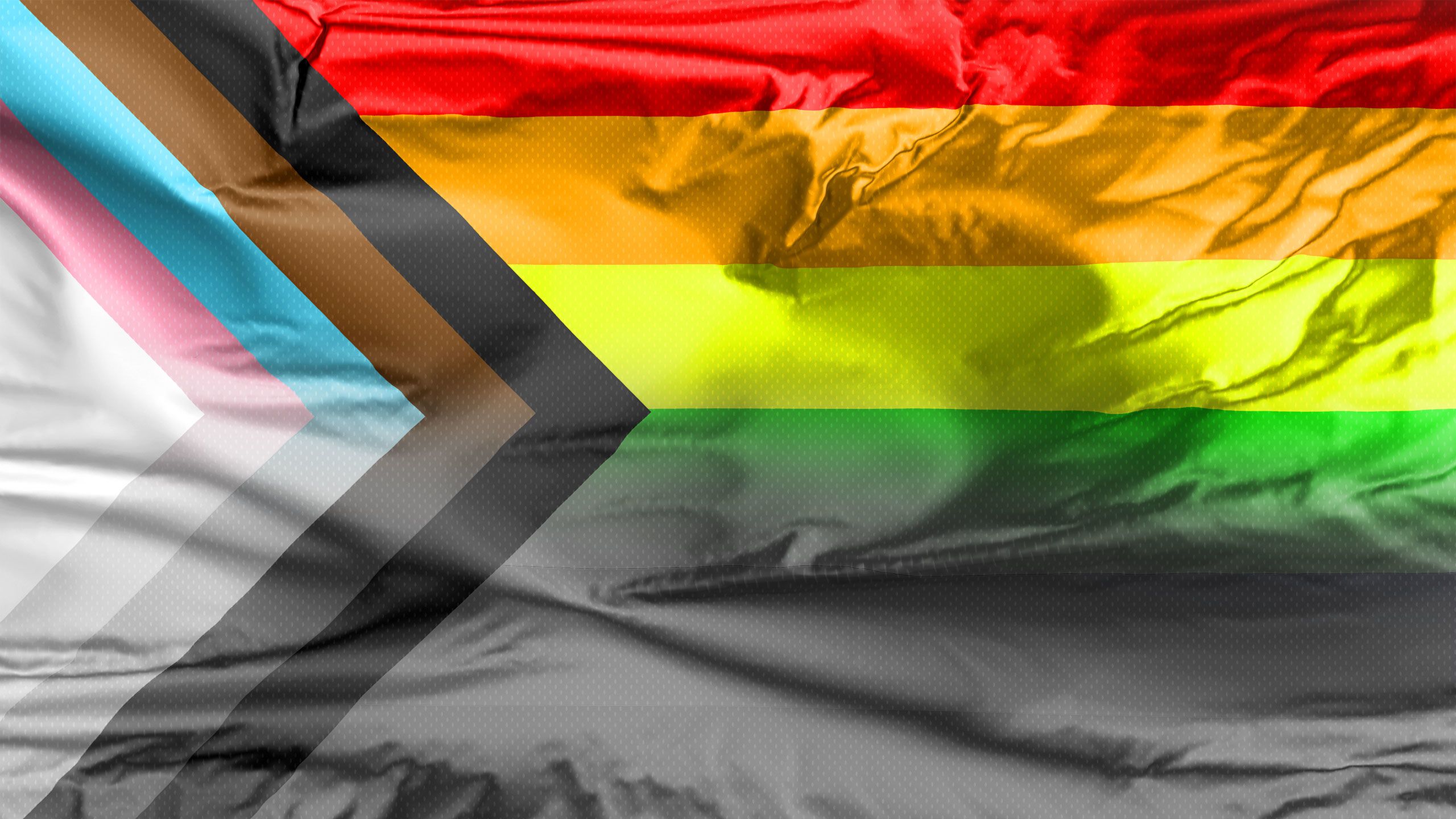Taking the Pride Out of Pride
Anti-discrimination lawyer explores backlash to Pride Month initiatives and events

Throughout the month of June, the Pride flag has lined streets around the country, and companies have invested millions of dollars in Pride-related advertising campaigns. But this year, the colors of the rainbow may appear more muted, as culture wars and legislative action over transgender medicine, drag performances, and overall LGBTQ rights have threatened to put a damper on Pride festivities. Professor of Law Katie Eyer, an anti-discrimination attorney who has argued precedent-setting cases for LGBTQ employees, answered questions on the various issues and legal challenges the community has come up against this Pride Month.

“This backlash comes at a time when many states around the country are proposing and enacting anti-LGBTQ laws,” Eyer said. “As we have seen increasing victories for lesbians, gays, and bisexuals—in the form of Supreme Court decisions that legalized same-sex marriage and prohibited discrimination based on sexual orientation—there has been a turn toward targeting the transgender community, especially trans youth. This is the worst type of opportunism—targeting a vulnerable group because there are not yet clear Supreme Court precedents affording it constitutional protections.”
After same-sex marriage was legalized, many LGBTQ individuals and their allies believed the worst of the nation’s homophobic sentiments were in the rearview mirror. They expected opposition to recede until acceptance was nearly universal. National support for same-sex marriage has grown steadily, reaching a record high of 71% in a June 2022 Gallup poll and remaining there in June 2023. However, rhetoric targeting the community has become louder and increasingly prevalent as conservative politicians and commentators take aim at the medical care, bathroom access, and gender expression of trans kids and adults.

Katie Eyer is an anti-discrimination law professor at Rutgers Law School, scholar and litigator.
Katie Eyer is an anti-discrimination law professor at Rutgers Law School, scholar and litigator.

“It is imperative to fight these measures—trans youth need activism and support from adults of all kinds,” Eyer said. “Even though the lower courts are finding most of the laws to be unconstitutional, states have been emboldened to continue enacting them because the Supreme Court has not taken up these cases.”
Even corporate Pride demonstrations have been subject to blowback from reinvigorated opponents of LGBTQ causes. Anheuser-Busch and Target are among the companies that have drawn the ire of conservatives for their Pride observances and embrace of LGBTQ themes in their marketing. The beer behemoth found itself on the receiving end of conservative boycotts after launching a social media marketing campaign with transgender entertainer Dylan Mulvaney, and similar boycotts have intensified with the onset of Pride promotions. JPMorgan recently downgraded its rating of Target stock after protests over LGBTQ-themed clothing, and outdoor apparel brand North Face was left out in the cold by conservative consumers over ads featuring a drag queen.

“Private individuals have the right to boycott, but I hope companies will stand firm on their commitments to inclusivity. So far, some have, and some haven’t. Representation is important because advertisements and social media marketing help people to feel seen in the public square. Society is heading in a more inclusive direction, but corporations can still struggle to reflect those values when their bottom lines are challenged.”
Eyer warned that anti-LGBTQ movements must be taken seriously, but urged the community to celebrate and enjoy Pride despite—and, indeed, because of—the challenges they are facing.
“Pride celebrations are more important than ever at this time when the LGBTQ community is increasingly under attack,” Eyer said. “Pride has always been a way for the LGBTQ community to proclaim its value and push back against oppression. During a time of public attacks, it is more important than ever for the community to have spaces to celebrate what makes us unique, wonderful, and authentic.”

Creative Design: Karaamat Abdullah
